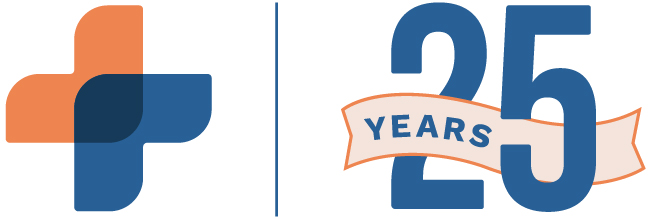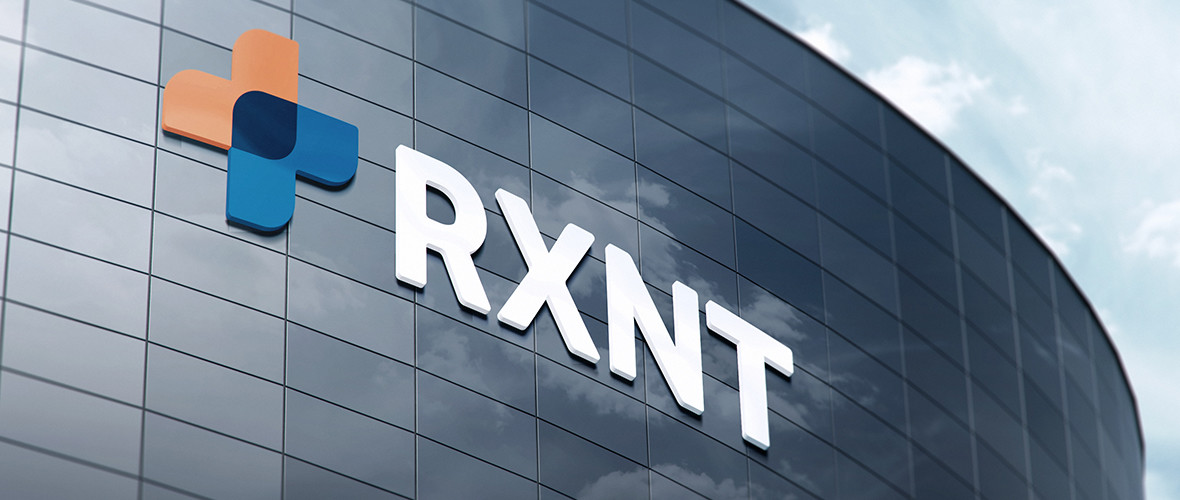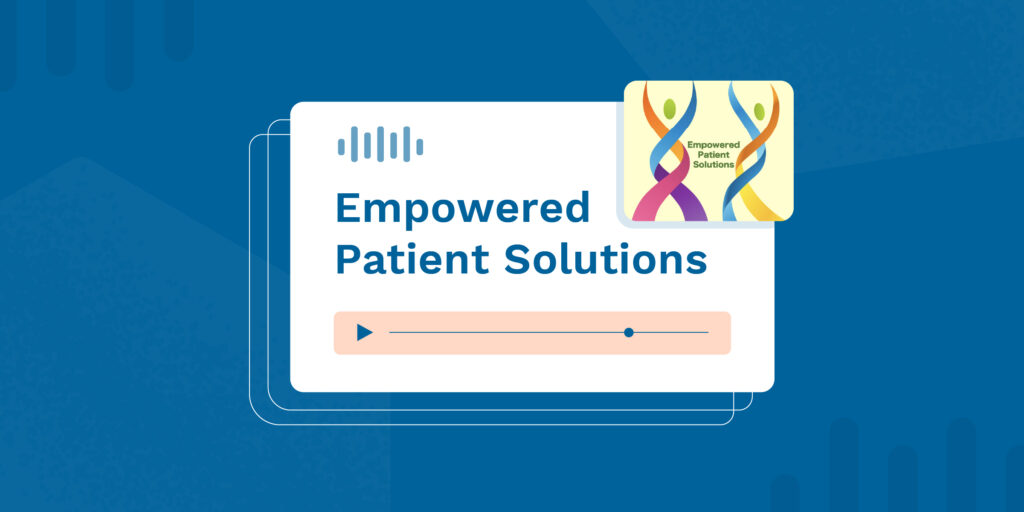Maine is officially the second state to mandate e-Prescribing in the hopes of reducing drug addiction and abuse. By January 2017, all physicians are required to enter prescriptions for controlled substances into the Prescription Drug Monitoring Program (PMP) and by the end of 2017 all controlled substances must be electronically prescribed. To help regulate opioid prescriptions, the new legislation has also capped the dosage of scripts for acute pain to seven days and chronic pain to 30 days. In addition to these requirements, all physicians must undergo addiction training every two years. What does this mean for the rest of the U.S.?
Well, the federal government is already in the process of enforcing PMPs. Summaries for the Comprehensive Addiction and Recovery Act of 2016 is active legislation in U.S. Senate regarding heroin, prescription drug, and opioid overdoses. The legislation was drafted to help decrease overdose fatalities in the U.S. by improving the PMPs. PMPs can be looked at as a central hub that collects patient’s prescription information when they are prescribed controlled substances. The purpose is to reduce patients ability to doctor shop and minimize patients being prescribed multiple controlled substances at once. Although PMPs are utilized and maintained across the country, there are still ways for patients to avoid prescriptions being accurately tracked and continue doctor shopping. Senator Rob Portman, who is an advocate striving to counteract the drug epidemic in Ohio, stated, “This legislation is moving and that’s good. There is an urgency to this issue.”
Regulating the prescriptions that patients are receiving within the PMP is a step in the right direction, although it is not all that’s necessary because it could take a number of days for PMPs to refresh its patient prescription data, leaving room for error. States like New York and Maine have decided to add another security wall by mandating e-Prescribing solutions.
Most prescribing physicians only see the tedious task of adopting a new system and are unable to see the benefits of e-Prescribing and how it can help the fight against drug abuse, doctor shopping and prescription fraud. Ultimately, e-Prescribing paired with the PMP can help successfully decrease and hopefully eliminate prescription drug abuse and overdoses in the U.S.
RXNT|eRx allows physicians to prescribe both controlled and non-controlled substances all within one account. The solution can access up to 2 years of patient medication history to assist in surveillance of potential prescription abuse. RXNT|EPCS is DEA certified for Electronic Prescribing of Controlled Substances (EPCS) and meets a strict two-factor authentication process. If you are a prescribing physician located in Maine or surrounding states, contact RXNT 1-800-943-7968 option 3 or email us at [email protected] to learn more about Maine’s upcoming e-Prescribing Mandate. Also, sign up for our upcoming webinar about and learn how RXNT|eRx will help you comply with the e-Prescribing mandate.
Read More about Maine becomes second state to require electronic prescribing for controlled substances





